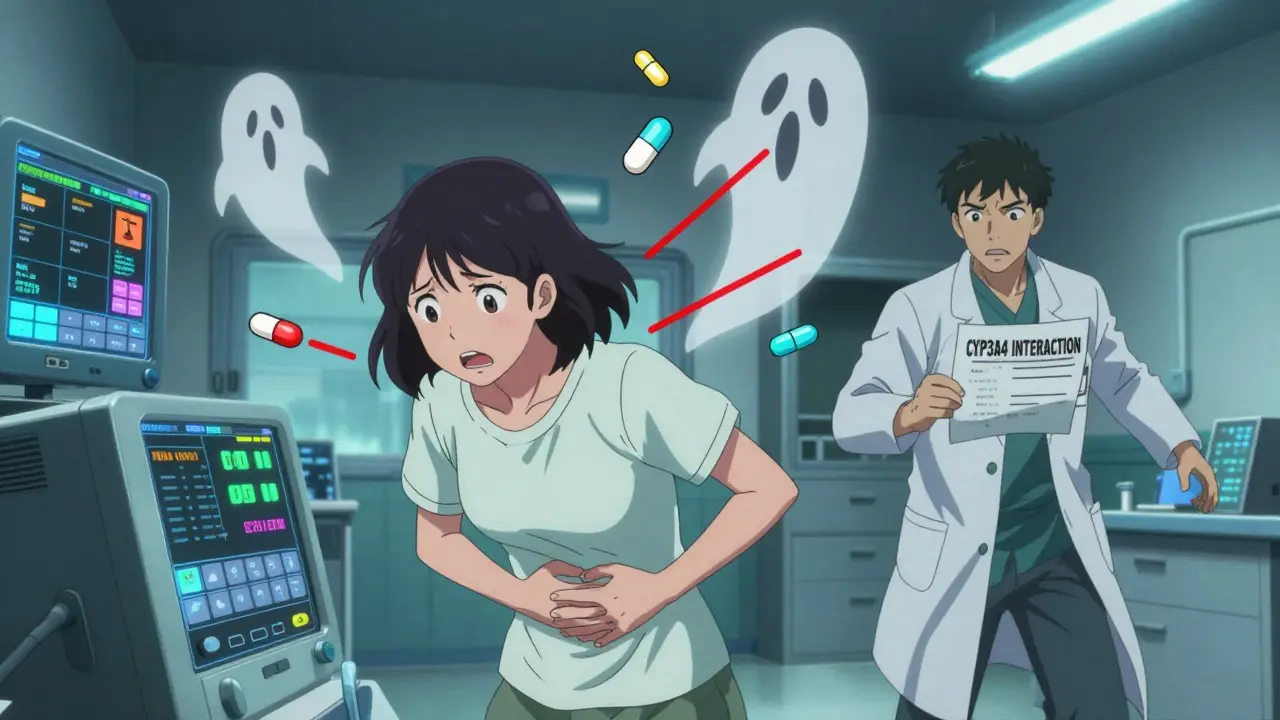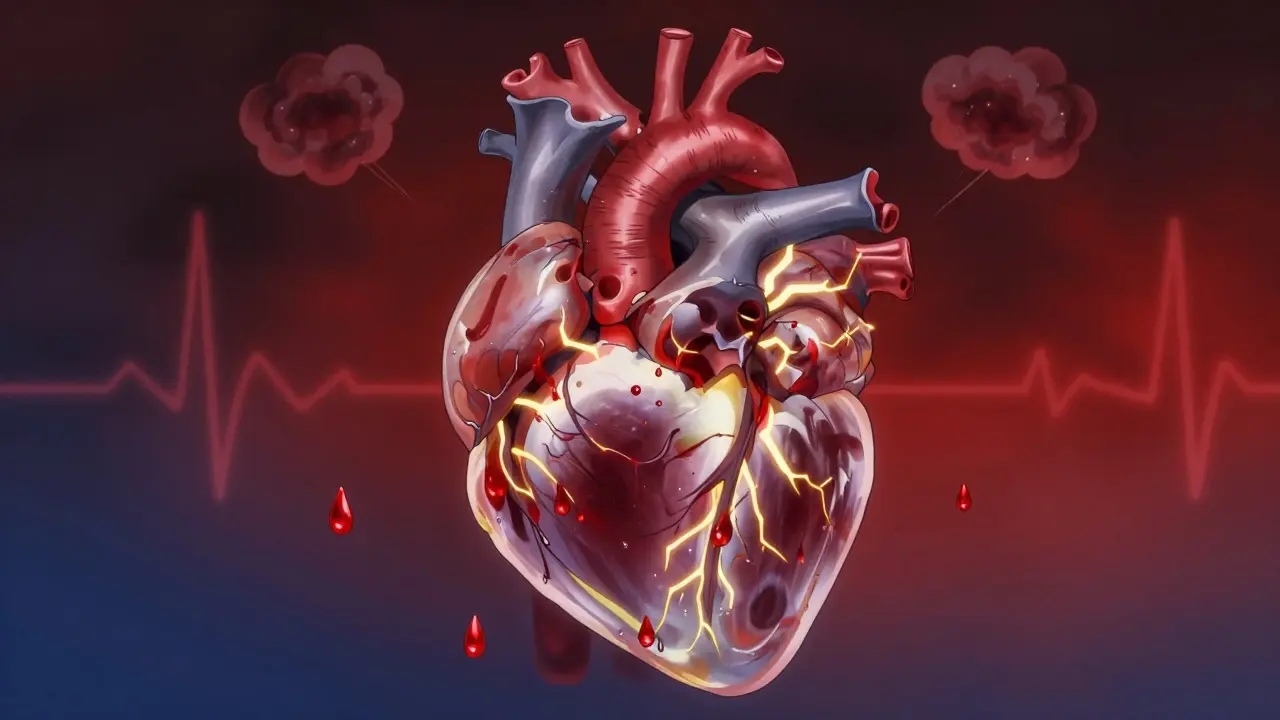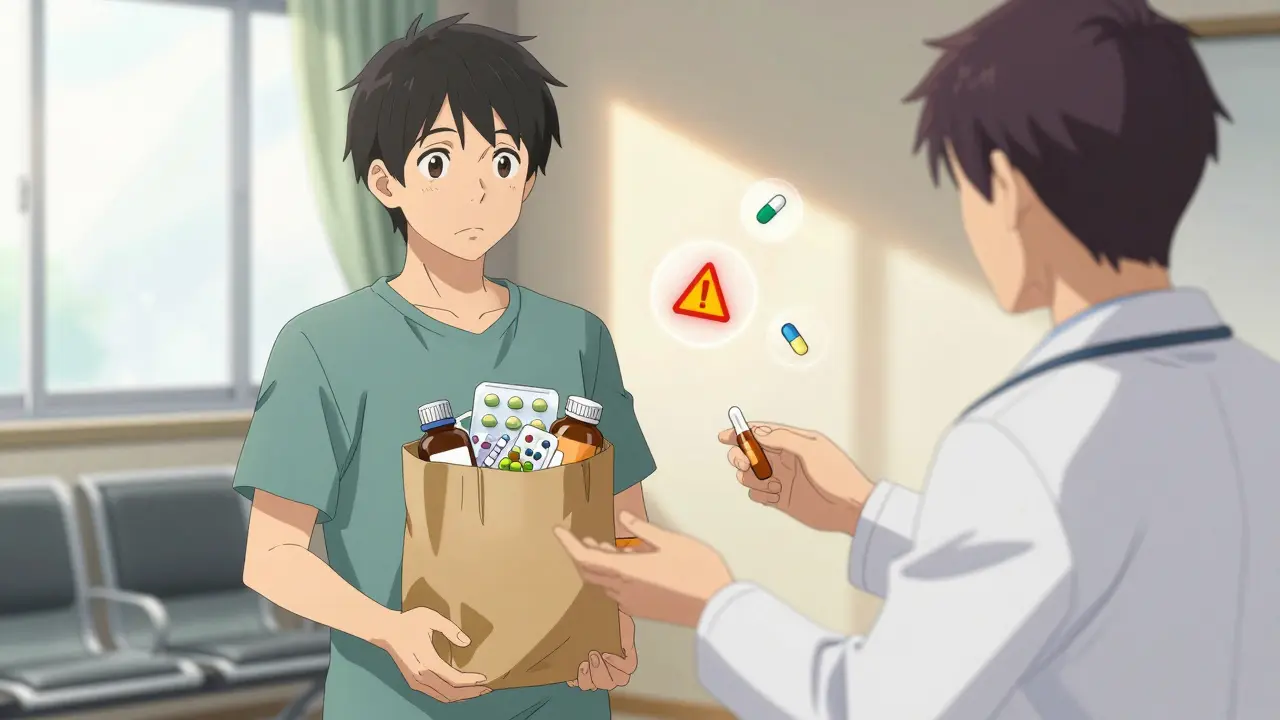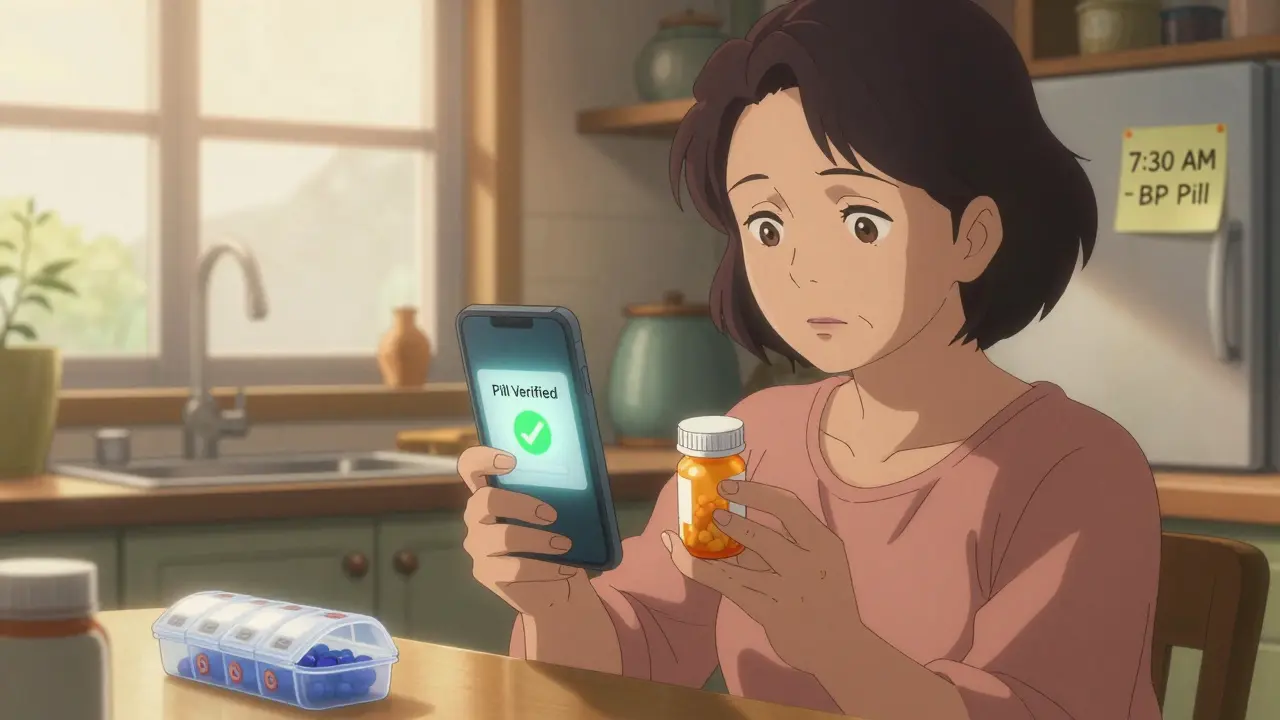PharmaSea – Your Go‑to Spot for Clear Drug & Health Info
Looking for reliable facts about a prescription, over‑the‑counter pill or a supplement? You’re in the right place. PharmaSea pulls the latest data from regulators, clinical studies and trusted sources so you can see uses, dosages, side effects and interactions in plain language.
What You’ll Find
Our searchable drug database covers thousands of medicines, from antibiotics to acne treatments. Each entry includes easy‑to‑read sections on why it’s prescribed, how to take it safely, and what to watch for. We also dive into common and rare diseases, offering symptom checklists and treatment options. If you’re curious about vitamins, minerals or herbal extracts, our supplement hub breaks down benefits, risks and real‑world user tips.
Why Trust Us
All content is reviewed by pharmacists and medical writers, then updated whenever new guidelines appear. We avoid jargon, so you get the facts you need without the fluff. Whether you’re a patient, caregiver or just health‑curious, PharmaSea helps you make informed choices quickly and confidently.
When to Call Your Doctor After Switching to Generics: Warning Signs
Switching to generics is usually safe-but for some people, side effects like rashes, fatigue, or loss of symptom control signal a real problem. Know the warning signs and when to call your doctor.
Why Brand Companies Launch Authorized Generics: Strategy Explained
Brand companies launch authorized generics not to lose money, but to keep it. By selling their own exact drug at generic prices, they prevent total revenue collapse when patents expire - and keep patients on trusted medications.
Questions to Ask Before Taking Any Supplement with Medicines
Many people take supplements with their medications without realizing the risks. St. John’s wort, vitamin E, and ginkgo can dangerously interact with blood thinners, birth control, and transplant drugs. Learn the seven critical questions to ask before taking any supplement.
Hypoparathyroidism: How to Manage Low Calcium and Vitamin D Effectively
Managing hypoparathyroidism means balancing calcium and active vitamin D to avoid symptoms and kidney damage. Learn the right doses, what to eat, when to test, and what to do if standard treatment fails.
Arrhythmias Explained: Atrial Fibrillation, Bradycardia, and Tachycardia
Learn how atrial fibrillation, bradycardia, and tachycardia affect your heart rhythm. Understand symptoms, diagnosis, and treatments - from medication to ablation - so you know when to act.
Corneal Ulcers: Contact Lens Risks and Urgent Care
Corneal ulcers from contact lens use can cause permanent vision loss. Learn the warning signs, why sleeping in lenses is deadly, and how to prevent this urgent eye emergency.
Drug-Induced Liver Injury: High-Risk Medications and How to Monitor Them
Drug-induced liver injury (DILI) is a hidden threat from common medications and supplements. Learn which drugs are most risky, how to spot early signs, and what monitoring can prevent serious liver damage.
Sharing Your Medical History for Safe Medication Decisions
Sharing your full medical history-including prescriptions, OTC meds, and supplements-is critical to preventing dangerous drug interactions. Learn how to communicate effectively with providers and use simple tools like the brown bag method to stay safe.
QT Prolongation and Sudden Cardiac Death: Key Medication Risk Factors
QT prolongation from medications can trigger deadly heart rhythms and sudden cardiac death. Learn the top risk factors, dangerous drug combinations, and how to protect yourself or your patients.
Smell Changes from Medications: Understanding Dysosmia
Medications can distort your sense of smell and taste, causing food to taste metallic or phantom odors to appear. Over 500 drugs are linked to dysosmia - a hidden side effect that affects quality of life and often goes undiagnosed.
How to Read Medication Guides for Overdose Warnings and Antidotes: A Step-by-Step Guide
Learn where to find overdose warnings in your medication guide, understand antidotes like naloxone, and know exactly what to do in an emergency. This guide breaks down the key sections and common mistakes to avoid.
Setting Up Medication Reminders and Alarms That Work: A Practical Guide for Better Adherence
Learn how to set up medication reminders that actually work - with multi-channel alerts, visual confirmation, and caregiver support. Stop missing doses and start staying healthy.

















